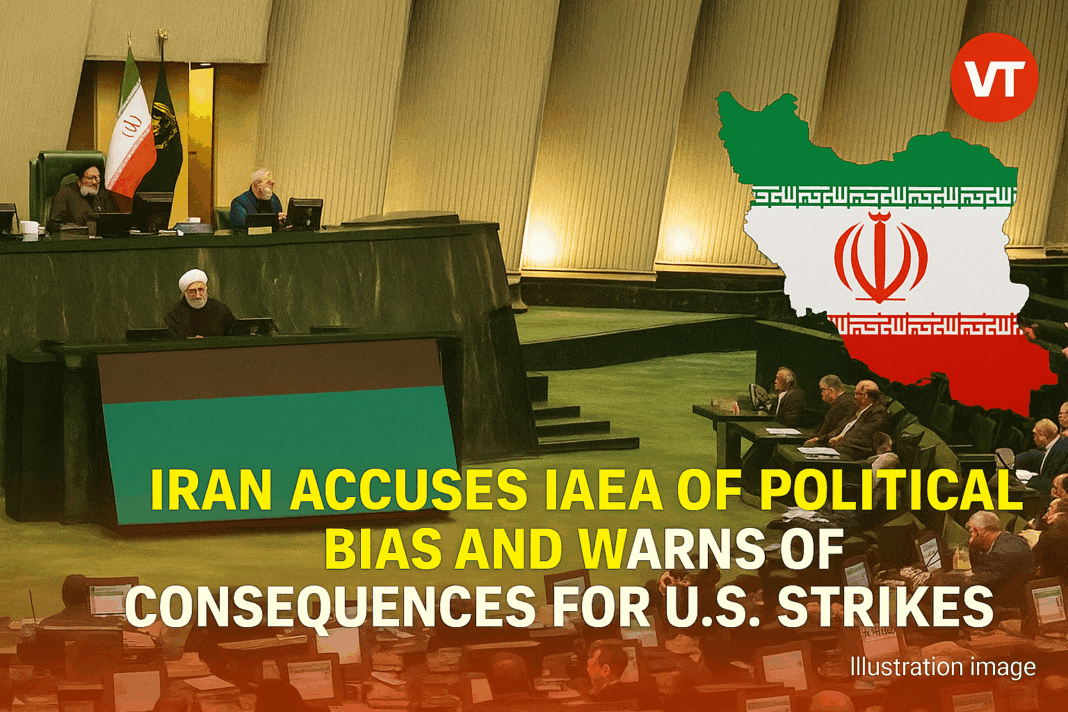The Iranian Parliament is considering a bill to suspend the country’s cooperation with the International Atomic Energy Agency (IAEA), citing alleged political bias and U.S.-backed military aggression against Iran’s nuclear infrastructure.
Why it matters:
The proposed suspension could cripple international oversight of Iran’s nuclear activities and significantly escalate tensions with global powers, especially in the wake of U.S. and Israeli military strikes on Iranian nuclear sites.
State of play:
- Iranian Parliament Speaker Mohammad Baqer Qalibaf announced the legislature is reviewing a bill to halt cooperation with the IAEA unless Tehran receives concrete guarantees of neutrality from the UN agency.
- Qalibaf criticized the IAEA’s conduct as “unprofessional” and accused it of becoming a “political instrument.”
- He reaffirmed the peaceful nature of Iran’s nuclear program, referencing a religious decree prohibiting nuclear weapons.
- Qalibaf denounced recent U.S. strikes on Natanz, Fordow, and Isfahan as acts of war following Israel’s failure to meet its military objectives.
- Iranian leaders insist they reserve the right to retaliate and “make gambler Trump regret” his decisions.
Driving the news:
According to a report by Tasnim News Agency, Qalibaf addressed the Iranian Parliament on Monday, emphasizing that Iran has no intention of pursuing non-peaceful nuclear activities but will not tolerate what he described as Western hypocrisy.
What they’re saying:
“Iran has no plans for non-peaceful activities, but the world witnessed clearly that the IAEA has not honored any of its commitments and has turned into a political instrument.” — Speaker Mohammad Baqer Qalibaf
“We will definitely give a response that would make gambler Trump regret taking the act of aggression against our dear country.” — Qalibaf, responding to U.S. strikes
Flashback:
On June 13, Israel began a sustained air campaign targeting Iranian nuclear and military infrastructure. Following its limited success, the U.S. conducted major strikes on June 23 using ground-penetrating munitions to damage Fordow, Natanz, and Esfahan facilities.
Between the lines:
Iran’s move to suspend IAEA cooperation would likely halt inspections of its enriched uranium stockpile and undermine the global non-proliferation framework at a time of rising conflict.
Zoom out:
IAEA Director General Rafael Grossi has repeatedly called for diplomacy and the reinstatement of inspection access. However, with Iran now threatening legislative withdrawal, the diplomatic gap appears to be widening.
What’s next:
If passed, the Iranian Parliament’s bill would formalize a major break from international nuclear accountability. Global reactions, including from the U.N. and European nations, are expected in the coming days.

